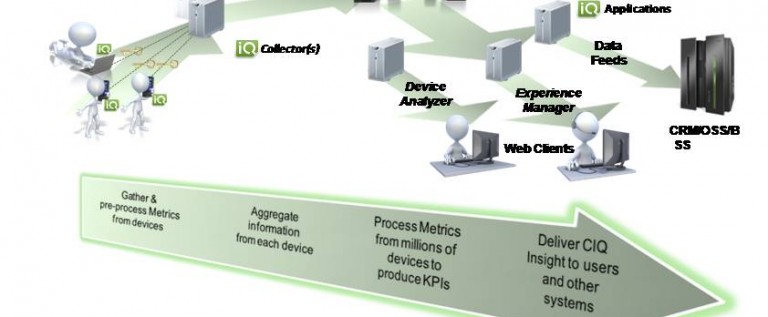Food Contamination Fears Could Harm Japanese Brands

Japan’s list of casualties, already long, could soon include two of the country’s iconic brands: sushi and Kobe beef.
The Japanese Health Ministry said Saturday that it had detected elevated levels of radiation in spinach and milk at farms up to 90 miles from Japan’s crippled nuclear reactors. The ministry did not make reference to any contaminated farm animals, seafood or fishing grounds in Japan. And no food exports from Japan have failed quality tests being done by other countries.
But even the perception of contamination, one Japanese agriculture expert said, could cause long-lasting “brand damage,” especially if there was evidence of radiation spreading across Japan.
“If the accident becomes bigger, like Chernobyl, it will damage all the brands and people won’t buy any of it, even if it’s safe,” said Hiroshi Uchida, a former professor of agricultural science, speaking of Kobe, Sendai and other brands of high-priced, top-quality Japanese beef. “Even though the government hasn’t mentioned the possibility of contamination of beef, we should start testing to convince people the beef is safe.”
Trevor Corson, a sushi expert and a former commercial fisherman who used to live in Japan, said seafood caught “in an ocean churning with movement and dispersal might turn out to be less of a concern than agricultural products that are exposed and stationary.”
But Mr. Corson also said the Japanese seafood industry could face a long and difficult struggle “to establish faith in the safety of their seafood — not unlike the challenges faced by gulf fishermen in the U.S. after the BP oil spill.”
The Tsukiji fish market in central Tokyo, the world’s largest clearinghouse for just about anything that fishermen pull from the sea, was not physically damaged by the earthquake. Its cobblestone aisles and alleyways were as loud, profane and hurly-burly as ever on Saturday. But something in Tsukiji’s soul seems to have been lost, or at least badly bruised, in the tsunami.
Before the disaster, the market drew 10 percent of its daily inventory of 2,400 tons of seafood from the waters off Tohoku, the coastal epicenter of the earthquake. The fishery there is renowned for its scallops, seaweed, bonito and shark’s fin. Tohoku, as a place and a brand in Japan, was formidable.
“It’s not like the brand is just damaged now — it’s over,” said a glum Tsutomu Kosaka, the general manager at Tsukiji. “At least for now, the brand is finished. Gone. It’s hopeless.”
Mr. Kosaka said Saturday that neither the Health Ministry nor city inspectors had tested any seafood in the Tsukiji market. The last time there were radiation tests of seafood in Tokyo, he said, was in 1954, after a Japanese tuna boat was contaminated by fallout from an American atomic test on Bikini Atoll in the Marshall Islands.
Mr. Kosaka’s hopelessness, for now, stems more from the outright destruction of fishing facilities in the north than from a possible poisoning of the fishery.
In towns and ports all along the coast, docks and jetties have vanished into splinters. Boats and trawlers are smashed or sunk. Nets and tackle, gone. Offshore fish farms and onshore processing factories, gone. Among the victims was Ojika, a 100-year-old whaling port that had just two boats left from its once mighty fleet.
A sushi chef at a restaurant near the fish market said the tsunami and its plundering of Tohoku had also been disastrous for his business.
“Scallops, sardines and oysters from Tohoku, none of that is available now,” said Tomohito Narasaki, 27, a chef at Sushizanmai. He said millions of dollars’ worth of bluefin tuna, red snapper and yellowtail farmed off Tohoku was instantly destroyed.
Japanese consumers certainly prize the domestic seafood products that go into their premium sushi dishes, but they also eat plenty of non-Japanese products in their sushi — as do consumers around the globe. Now that sushi is eaten worldwide, it is also sourced worldwide. Wholesalers, distributors, restaurant owners and chefs search everywhere for quality fish.





Photo: Radioactive contamination is an elusive threat, invisible and difficult to measure. Japanese… http://tumblr.com/xae41w7tkt